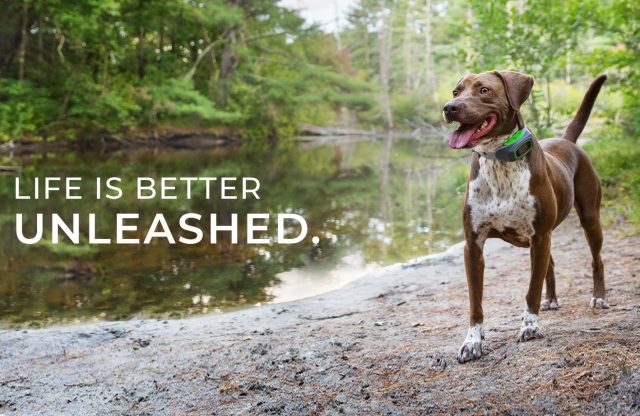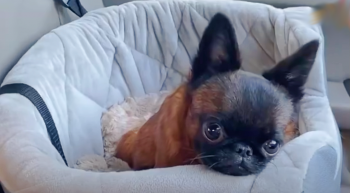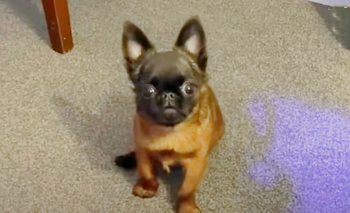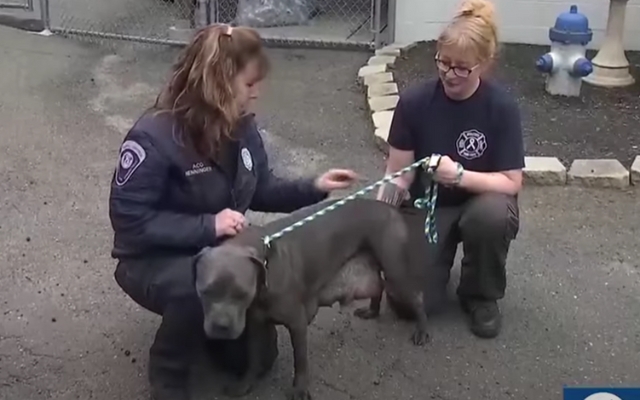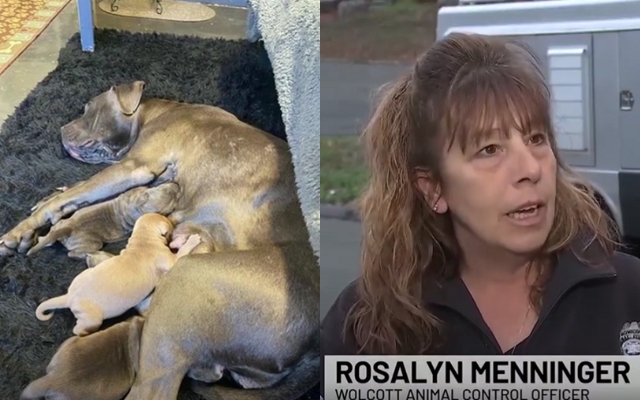The Anatolian Shepherd is a remarkable breed, known for its impressive size, protective instincts, and loyal nature. Originating from Turkey, where they guarded livestock against predators, these dogs are now cherished companions around the world, including throughout the USA. Their cost can vary widely depending on several factors including breeder, location, and pedigree.
Cost of Anatolian Shepherd Puppies in Major Regions of the USA:
- Northeast (e.g., New York, Massachusetts): Prices typically range from $800 to $1,500. In more urban areas where breeders are rarer, prices may be on the higher end.
- Midwest (e.g., Illinois, Ohio): Puppies in the Midwest may cost between $700 and $1,200, with variations depending on the rural or suburban nature of the breeder’s location.
- South (e.g., Texas, Florida): In southern states, the cost of an Anatolian Shepherd puppy can range from $700 to $1,300. Factors such as the breeder’s reputation and the lineage of the puppy can influence the price.
- West (e.g., California, Washington): The western region, especially in states like California, may see prices ranging from $1,000 to $2,000, particularly if the breeder is well-established in the local market.
Benefits of Adopting from a Rescue:
Adopting an Anatolian Shepherd from a rescue offers several benefits. Firstly, it provides a home to a dog that may have been abandoned or surrendered, giving them a second chance at life in a loving environment. Additionally, rescue dogs often come with vaccinations, are spayed or neutered, and have undergone behavioral assessments, which can ease the transition into a new home. Furthermore, the cost of adoption is typically lower than purchasing a puppy from a breeder, making it a more affordable option. Adopting also supports the work of rescues to save more dogs, reinforcing a cycle of compassion and care within the community.
The Lifetime Costs of Owning an Anatolian Shepherd
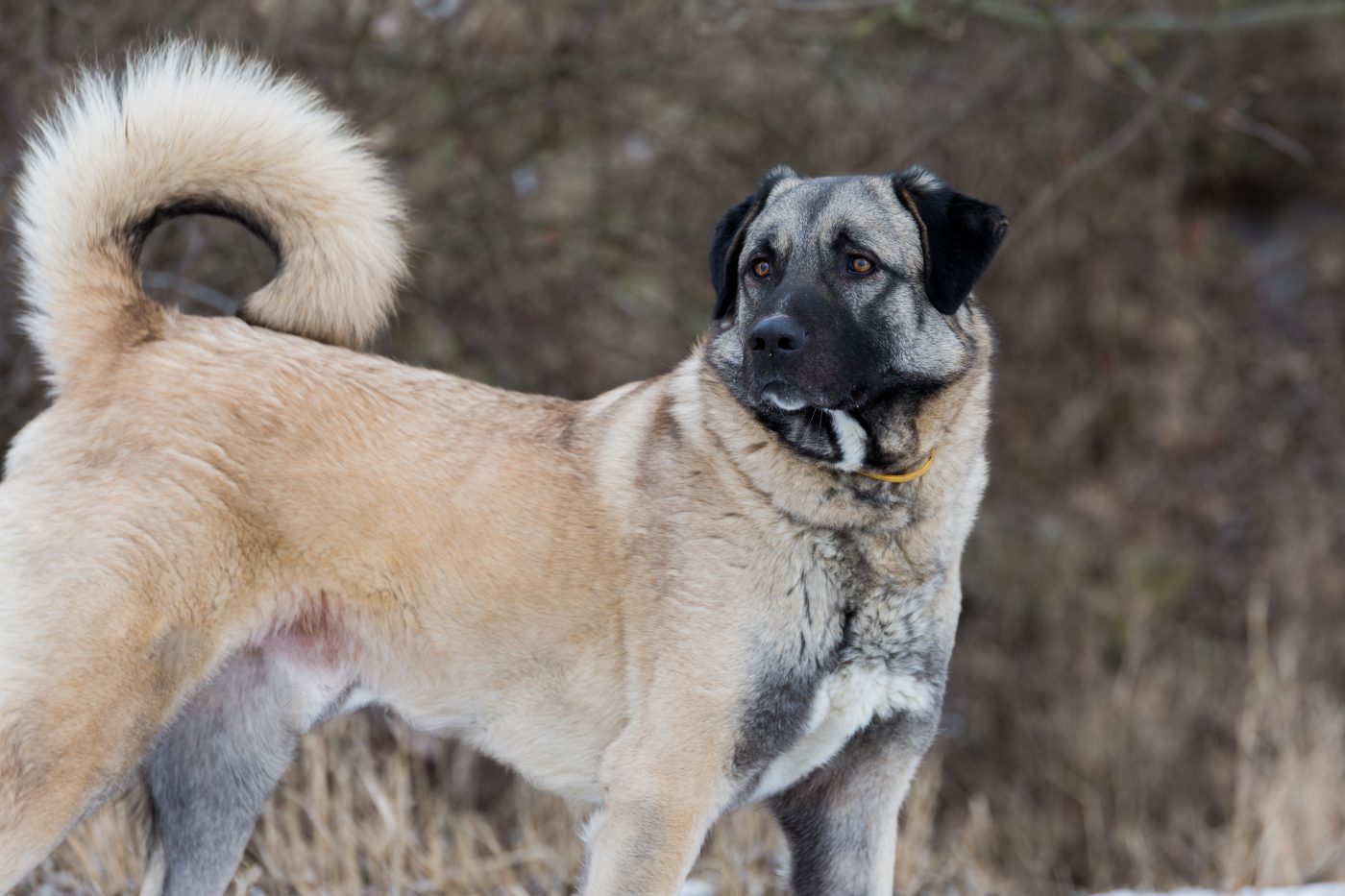
Owning an Anatolian Shepherd is a long-term commitment that involves various costs beyond the initial acquisition. These large, robust dogs require significant investment in their health, maintenance, and overall well-being throughout their lives, which typically span 11 to 13 years.
1. Food and Nutrition: Due to their size, Anatolian Shepherds require a substantial amount of food. High-quality dog food that meets their nutritional needs can cost approximately $60 to $100 per month. Considering their lifespan, the total cost for food alone could range from $7,920 to $15,600.
2. Veterinary Care: Routine veterinary care, which includes annual check-ups, vaccinations, and parasite control, can average around $500 to $700 per year. However, as Anatolian Shepherds age, they may encounter breed-specific health issues such as hip dysplasia or cardiac problems, potentially raising veterinary costs significantly. Setting aside an emergency fund or considering pet insurance, which can cost between $200 and $600 annually, is advisable.
3. Grooming: Anatolian Shepherds have a double coat that requires regular grooming. Professional grooming sessions can cost around $50 to $100 per visit, with 4-6 visits recommended annually. Over their lifetime, grooming costs might total between $2,200 and $7,800.
4. Training and Socialization: These dogs are known for their protective nature, making early and ongoing training essential. Professional training sessions can range from $50 to $150 per hour. Assuming an initial series of classes plus occasional refreshers, owners might spend $500 to $2,000 on training over the dog’s life.
5. Miscellaneous Expenses: This category includes beds, toys, leashes, collars, and other supplies. Initial setup costs can be around $200 to $500, with ongoing replacements and additions possibly adding another $50 to $100 annually.
In summary, the lifetime cost of owning an Anatolian Shepherd, excluding the purchase price, can be estimated between $21,570 and $45,100. This estimate helps prospective owners understand the financial commitment required to provide a healthy and fulfilling life for these noble dogs.
Frequently Asked Questions About the Costs of Owning an Anatolian Shepherd
1. What is the average monthly food cost for an Anatolian Shepherd?
The average monthly food cost for an Anatolian Shepherd ranges between $60 and $100, depending on the brand and type of food. High-quality dog food that meets their specific nutritional requirements is recommended to maintain their health and vitality.
2. How much does veterinary care cost annually for an Anatolian Shepherd?
Annual veterinary care for an Anatolian Shepherd typically costs between $500 and $700. This includes routine check-ups, vaccinations, and parasite prevention, with costs increasing if any health issues arise.
3. What are the expected grooming expenses for an Anatolian Shepherd?
Professional grooming for an Anatolian Shepherd can cost around $50 to $100 per session. With 4-6 visits recommended per year, annual grooming expenses can range from $200 to $600, depending on the services provided.
4. Do Anatolian Shepherds require special training and what might that cost?
Anatolian Shepherds benefit greatly from early socialization and obedience training. Professional training can range from $50 to $150 per hour, and a basic training program might cost from $200 to $500, varying with the trainer’s expertise and the dog’s needs.
5. Are there any breed-specific health issues that could increase ownership costs?
Anatolian Shepherds are prone to certain breed-specific health issues like hip dysplasia and cardiac conditions, which can significantly increase veterinary costs. Planning for potential health issues with regular screenings and considering pet insurance are advisable strategies.
6. What is the cost of pet insurance for an Anatolian Shepherd?
Pet insurance for an Anatolian Shepherd can cost between $200 and $600 per year, depending on the coverage level, deductible amount, and the dog’s age and health status. Insurance can help manage unexpected veterinary expenses, especially for breed-specific conditions.
7. How often do Anatolian Shepherds need to visit a vet, and what are the common procedures?
Anatolian Shepherds should visit the vet for annual check-ups to monitor their health and receive necessary vaccinations and parasite prevention treatments. Common procedures include dental cleanings, vaccinations, and occasional diagnostic tests like X-rays or blood work.
8. What are the typical costs for accessories such as leashes, collars, and beds for an Anatolian Shepherd
Initial costs for accessories like leashes, collars, and beds can range from $200 to $500. Durable, high-quality items are recommended due to the size and strength of the breed, with periodic replacements adding to ongoing costs.
9. Can Anatolian Shepherds live in a small home, and does this affect costs?
While Anatolian Shepherds can adapt to smaller living spaces, they are large, active dogs that thrive in environments where they can move freely. Additional expenses may arise from needing more frequent walks, hiring dog walkers, or visiting dog parks.
10. What are the long-term costs associated with older Anatolian Shepherds?
As Anatolian Shepherds age, they may require more intensive veterinary care, special diets, or medications, which can increase ownership costs. Planning for senior dog care, including potential mobility aids and more frequent veterinary visits, is essential for managing these costs effectively.
The post Cost of an Anatolian Shepherd Puppy by US Region [2024] appeared first on iHeartDogs.com.
via
Whisker Therapy

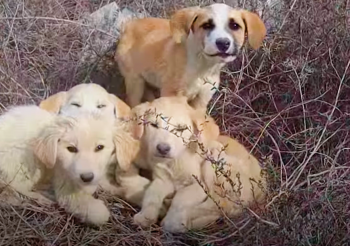
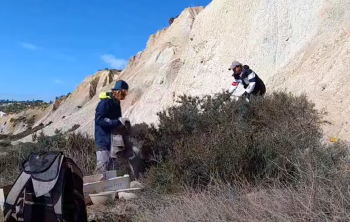
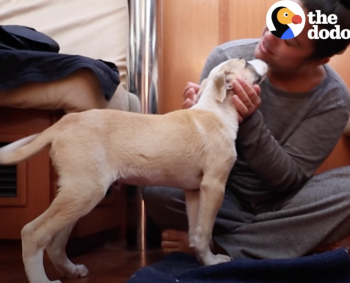


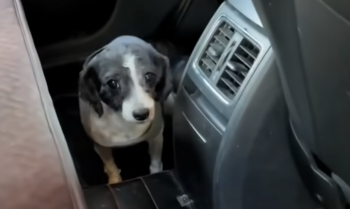
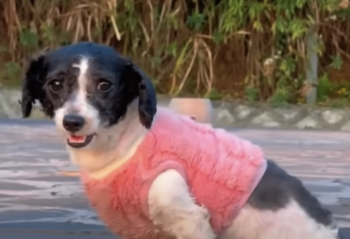

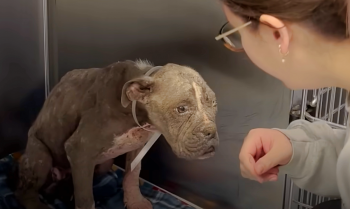
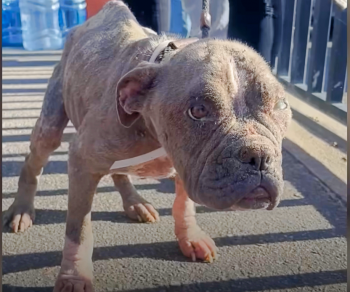
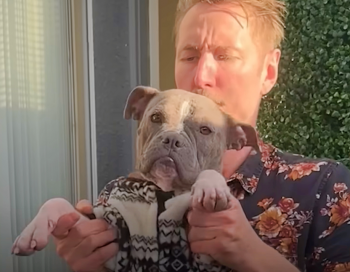

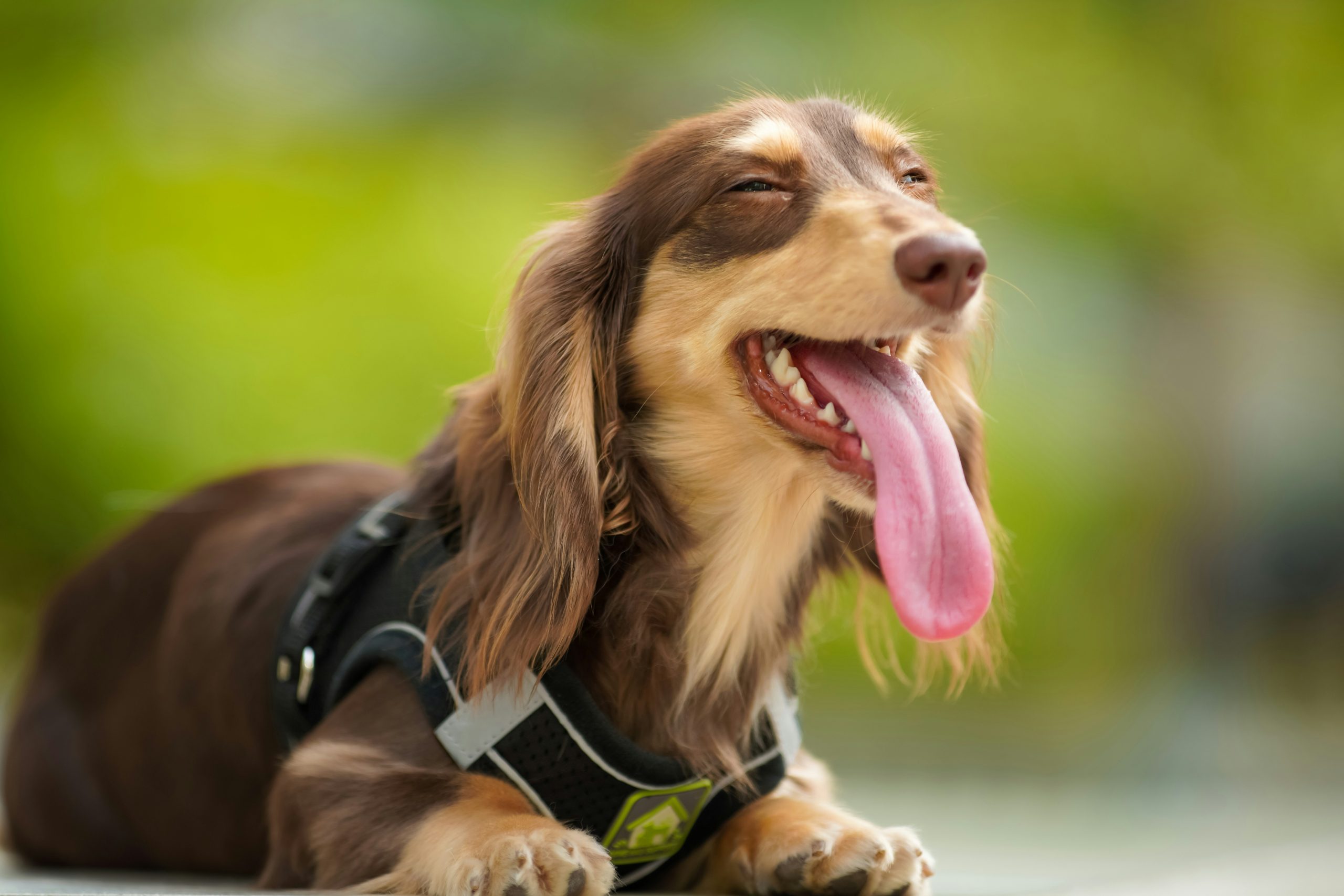
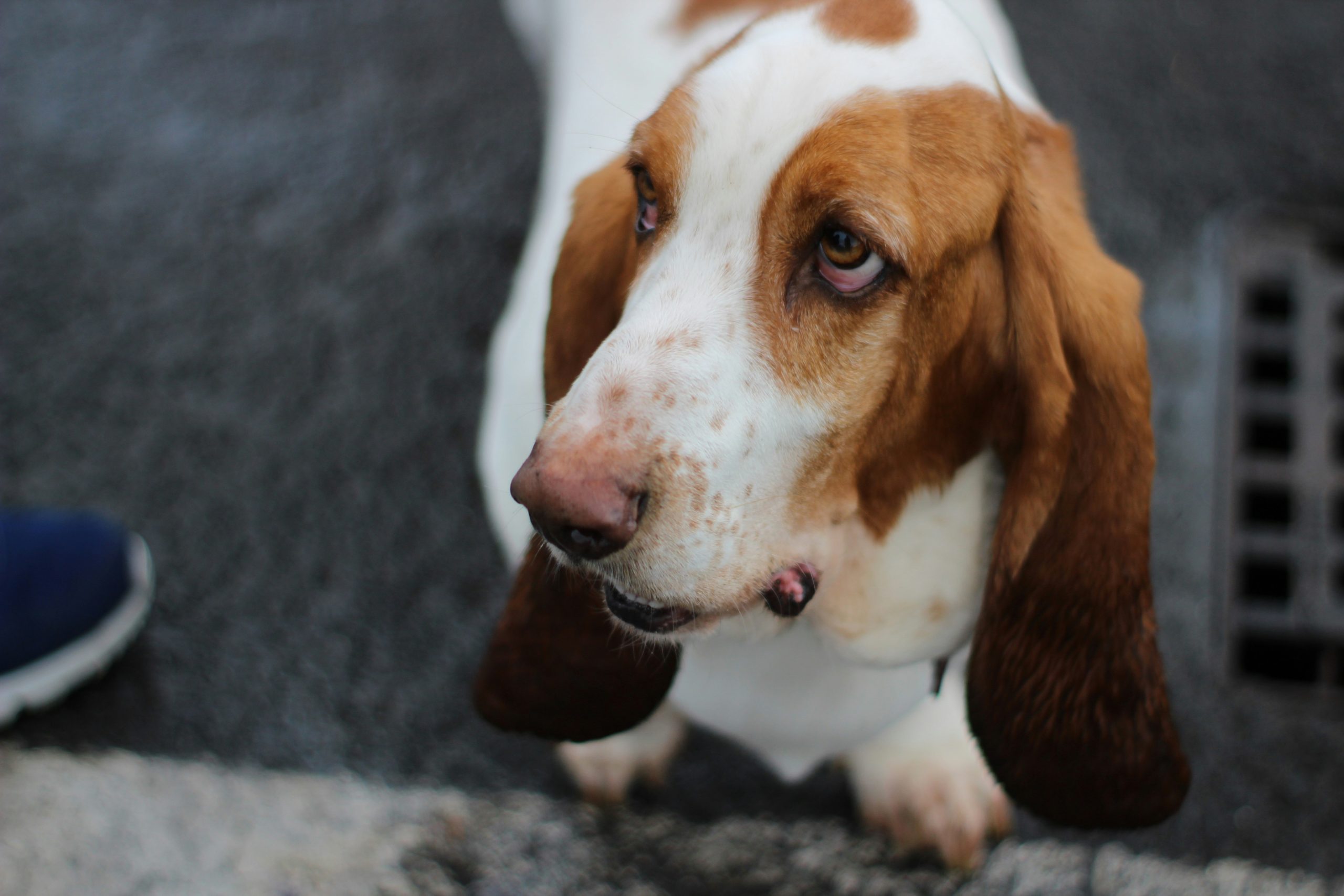
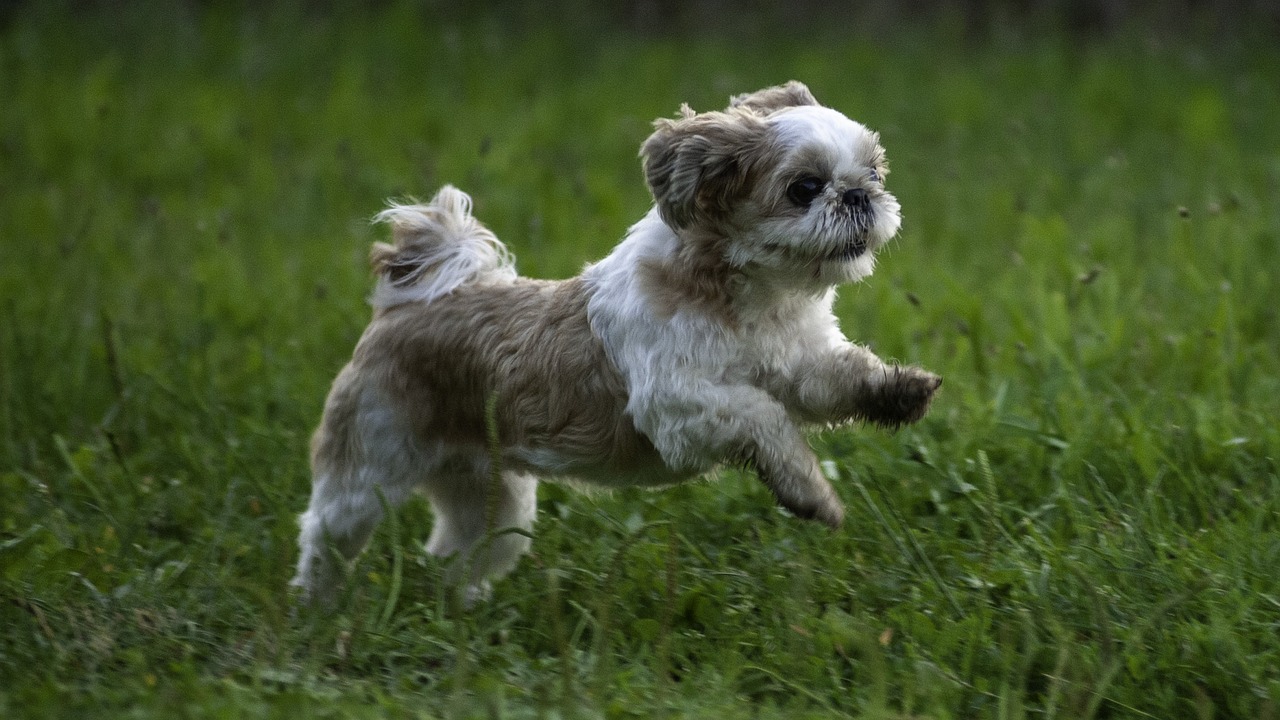
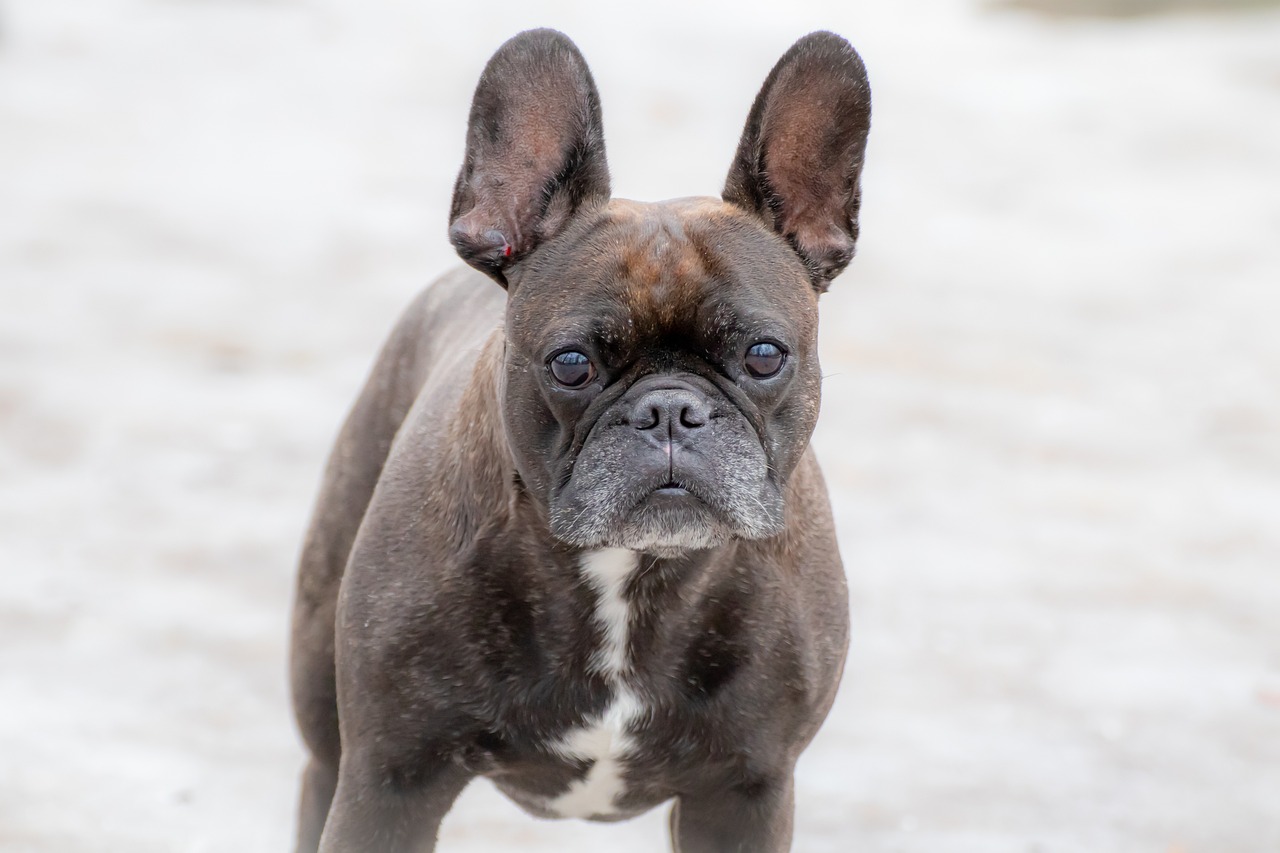
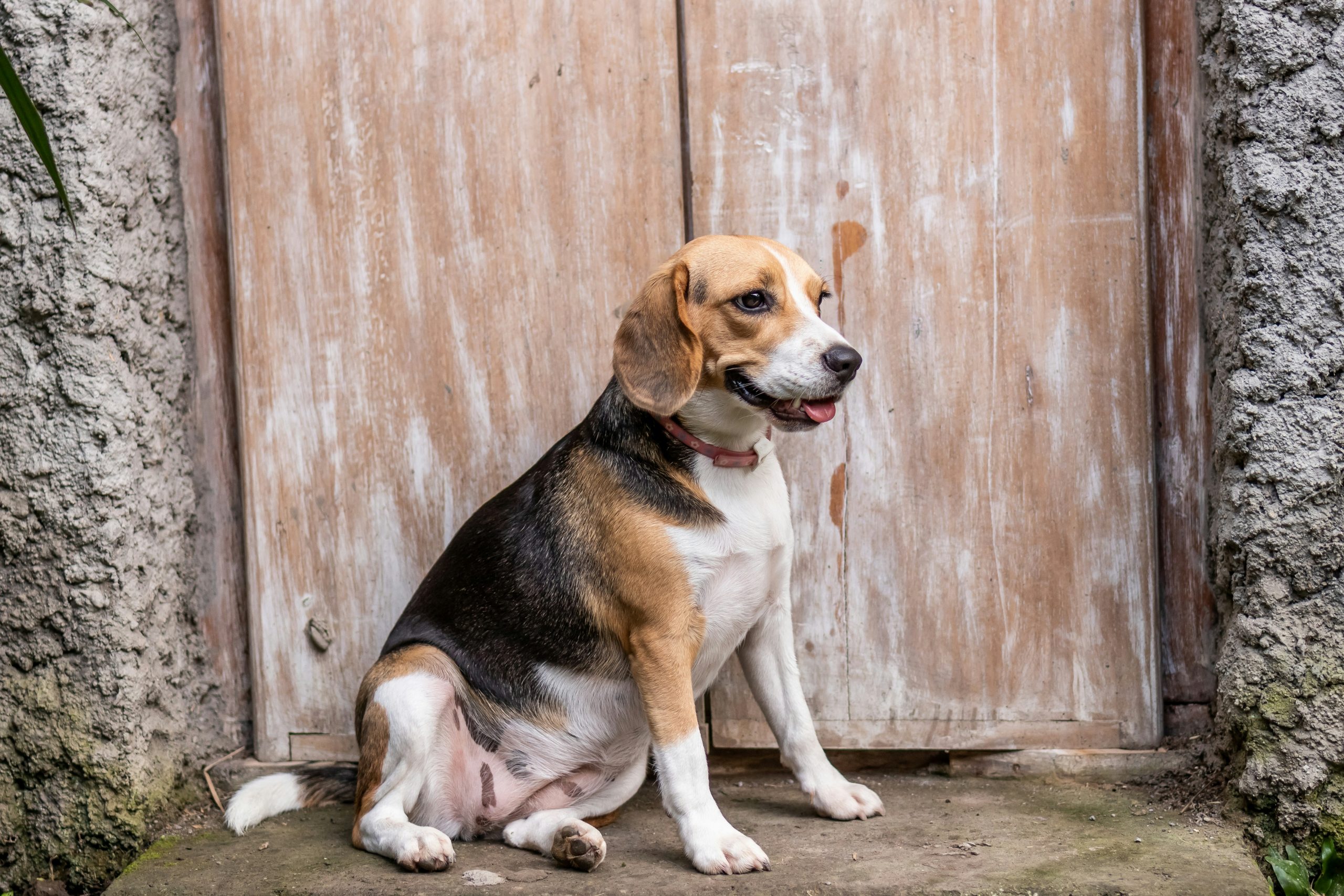
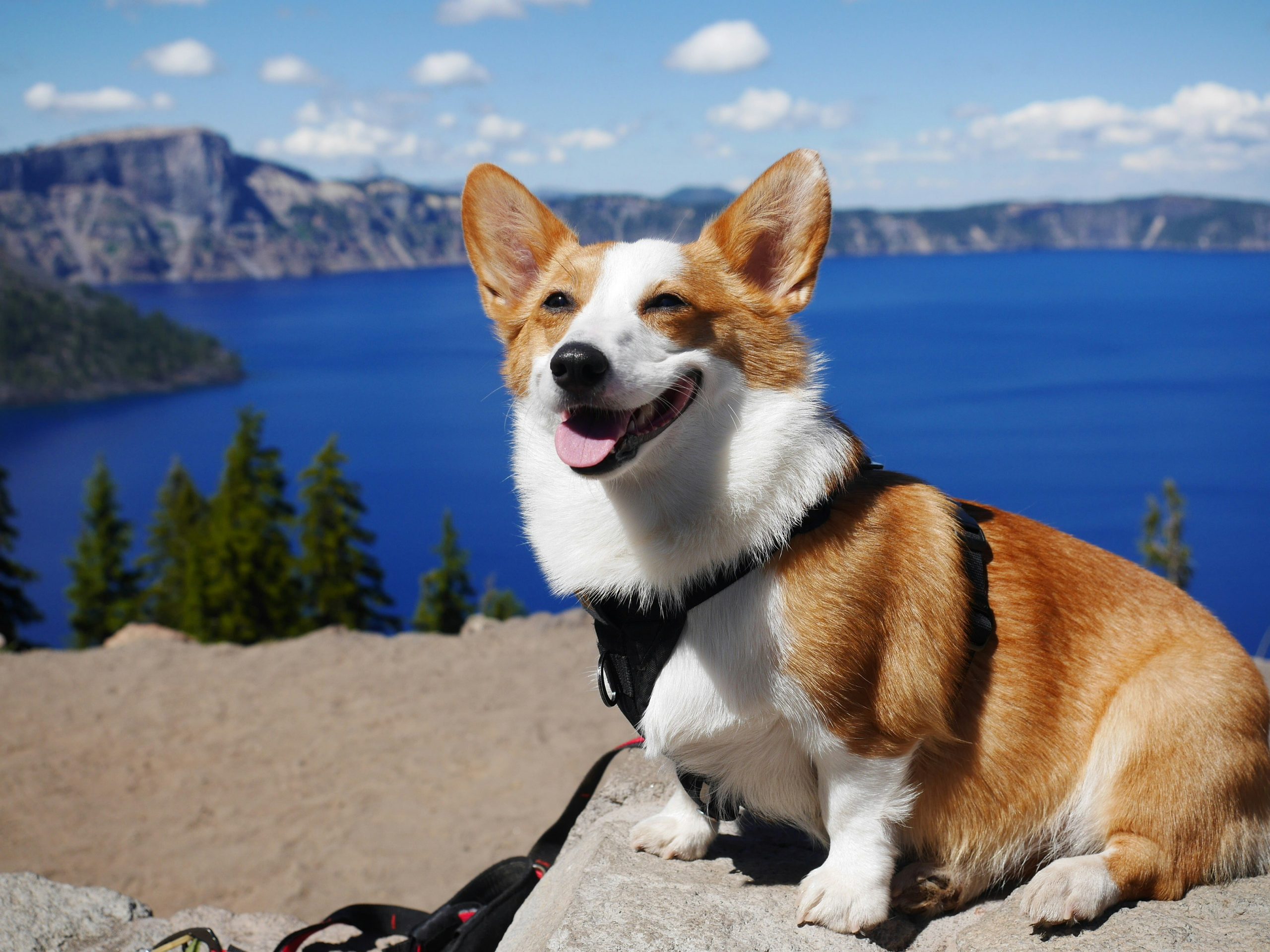
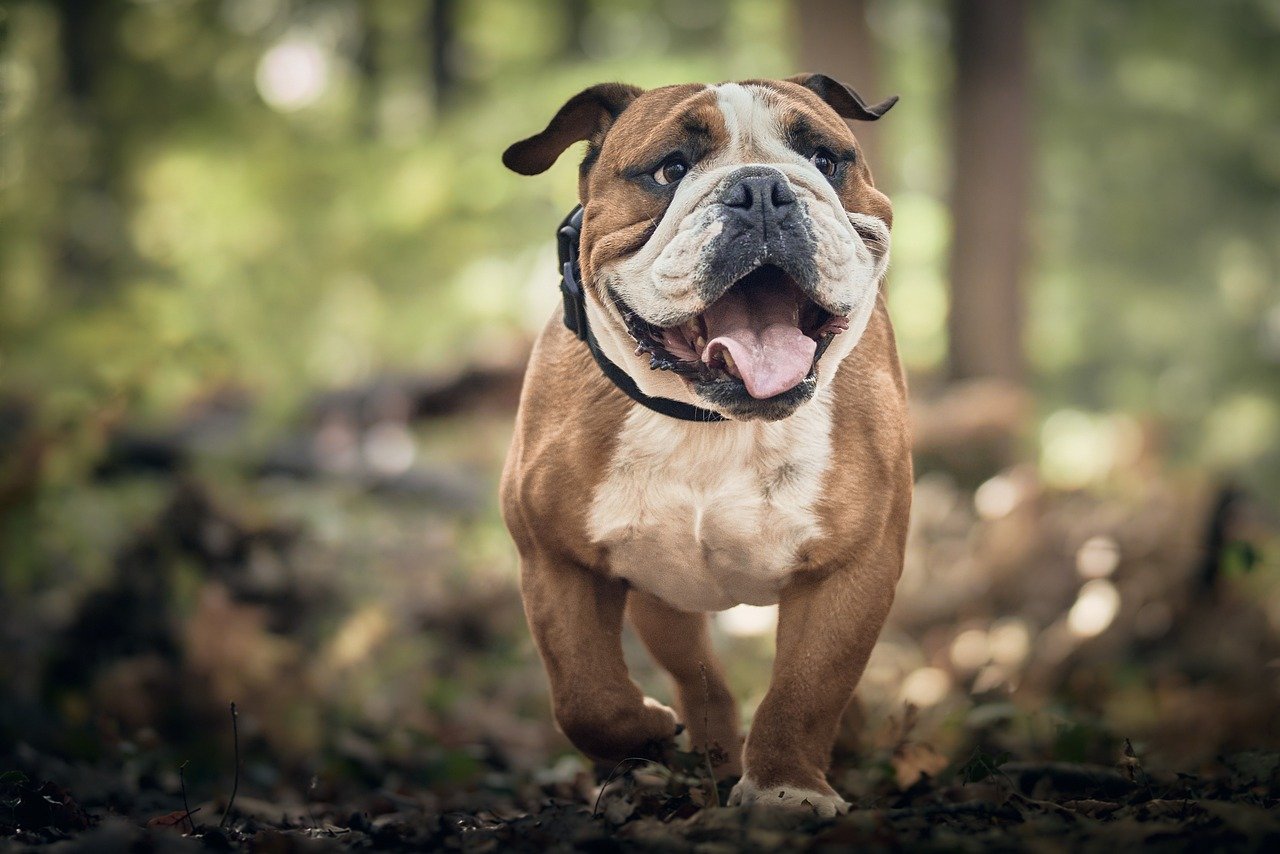
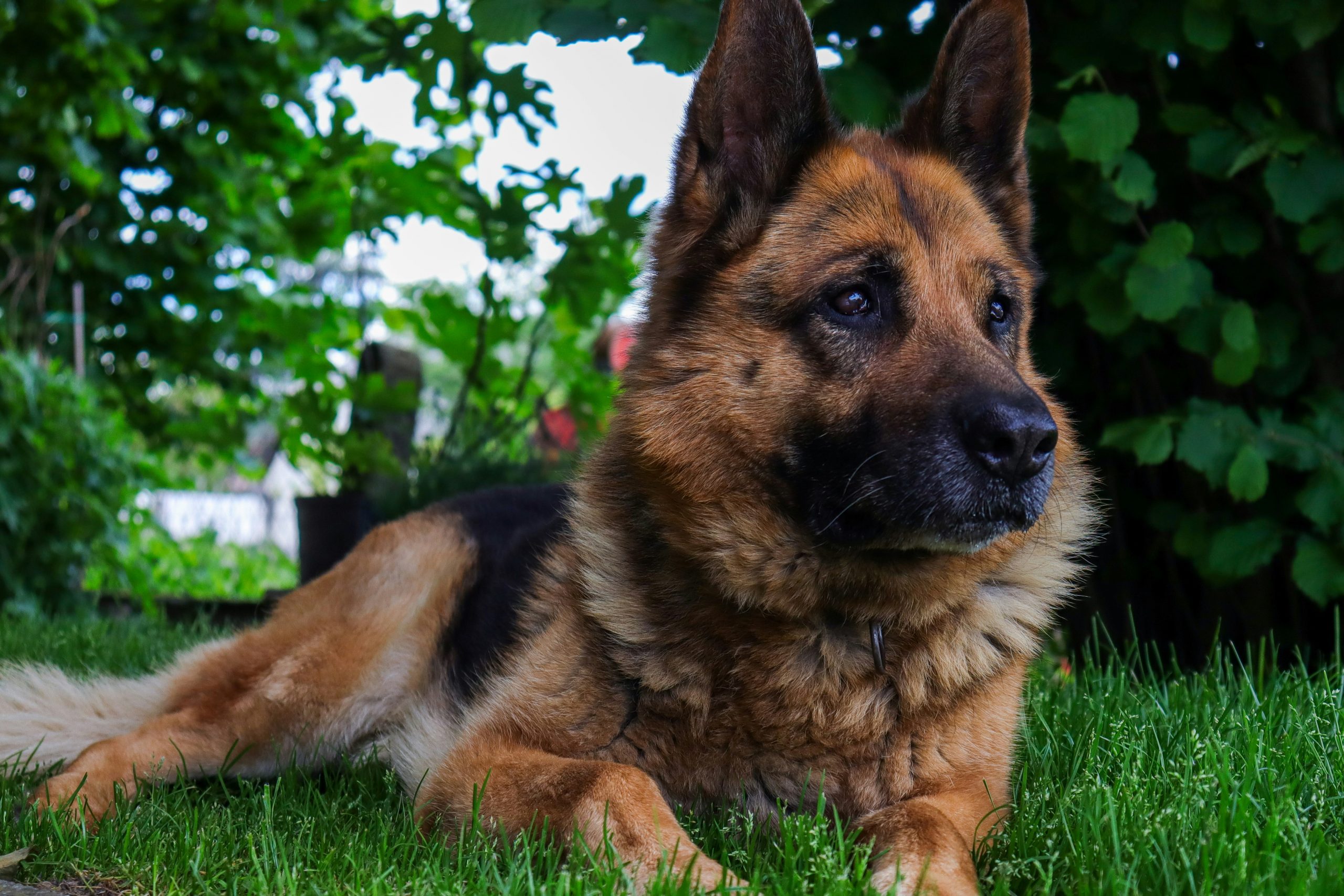
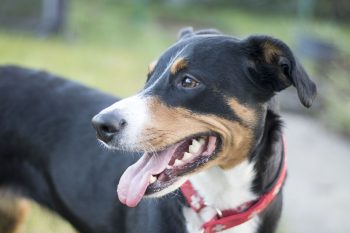
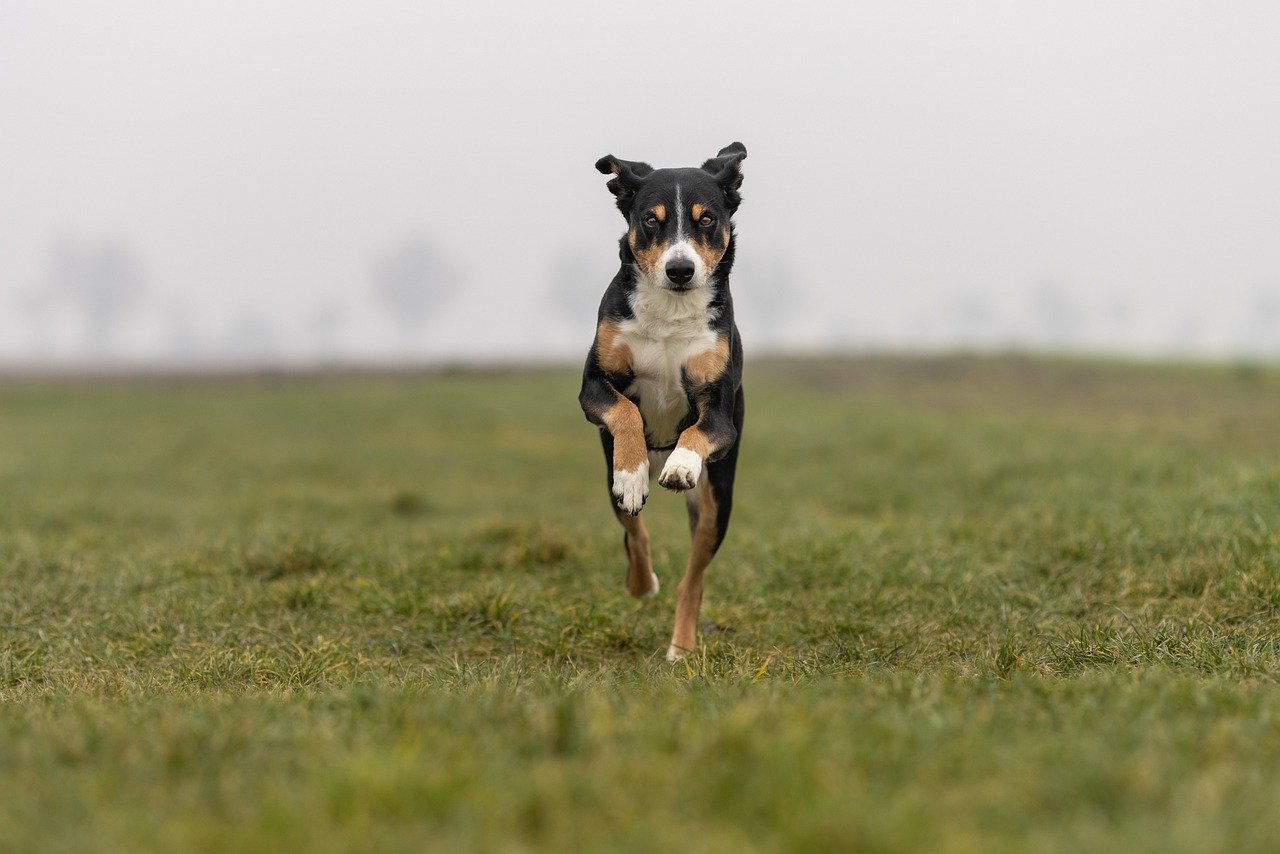
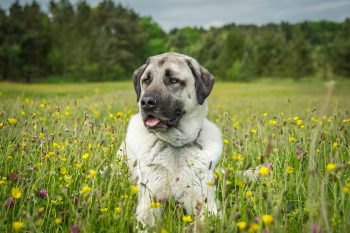

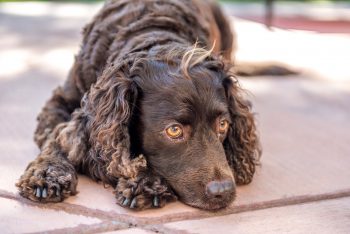
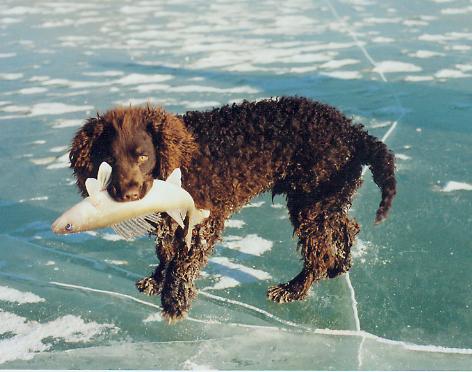

 GPS technology, tapping into a network of 128 satellites to create precise boundaries, even in the most challenging terrains like wooded areas or remote locations.
GPS technology, tapping into a network of 128 satellites to create precise boundaries, even in the most challenging terrains like wooded areas or remote locations.